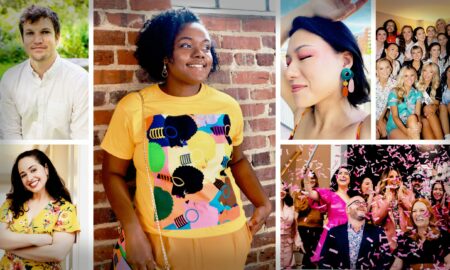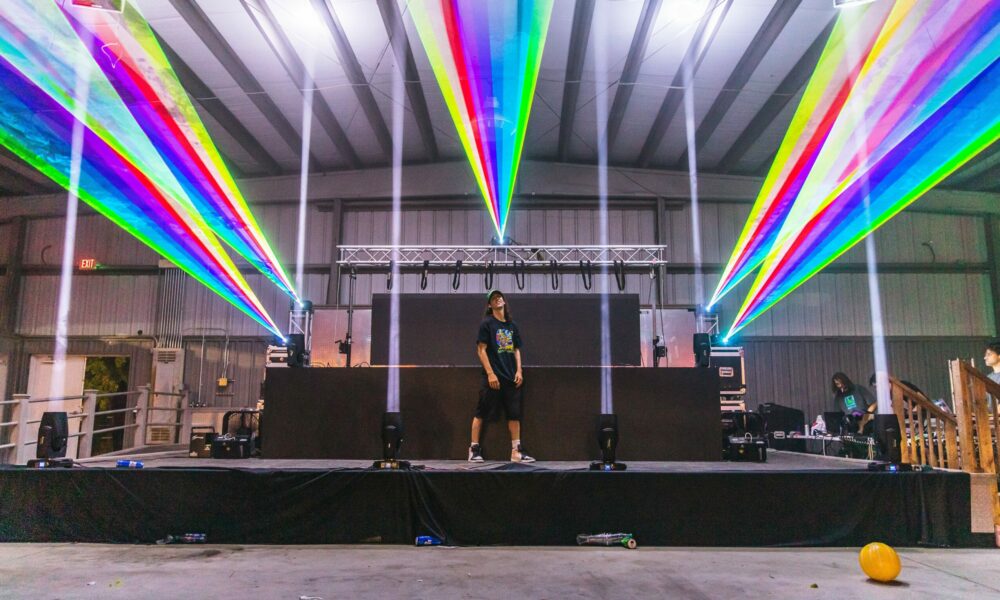

Today we’d like to introduce you to Drew Ryan.
Hi Drew, so excited to have you on the platform. So before we get into questions about your work-life, maybe you can bring our readers up to speed on your story and how you got to where you are today?
I began a lifelong affair with the gritty and exciting underbelly of live music at an early age, sneaking into emo concerts at Tremont Music Hall growing up in Charlotte, when being in a local band in high school was still cool and EDM hadn’t yet ruled the airwaves.
Well, it really began earlier than that, when my older brother Michael, who was always the true source of my rock n roll fascination, brought home Guns N Roses’ Appetite for Destruction on CD after a trip to Media Play with my dad.
I’ve always been inspired by the legend of the artists of those days.
From an early age, I knew I wanted to live out my own version of Motley Crue’s “The Dirt.” Just how I would do it though, remained a mystery. I told myself life would be a legendary quest into the music business, seeing just how far I, a suburban Catholic school boy on the other side of the country from the Sunset Strip, could make it down the yellow brick road.
After playing drums in hardcore bands and embarrassing myself more than once at the school talent shows, covering the likes of Green Day and Fall Out Boy, I left for college in 2011 at UNC Chapel Hill with a strong ambition to become a music business lawyer. It only took a few pre-law classes and stumbling into the college music scene that I ditched my suit-and-tie future for one in all black.
18 years old was a tumultuous time for me… I had dreadlocks and wore metal shirts in a sea of button-downs and school spirit, only to lose my way when I cut them off and tried to go straight into the prelaw program.
But I kept one thing constant in my life–going to shows. I went to concerts sometimes every night of the week, because something about the excitement of actually being at the show was a much stronger attraction to me than crunching big dollar contracts and being some behind-the-scenes player in the business like David Geffen.
I noticed that a lot of good bands were playing the fraternity houses around Chapel Hill, and this fascinated me. I began to dig into the history of some of my favorite bands, only to find out that they got their start in some of those same frat houses around the country.
But something about the scene ate at me… going to shows all the time, I was like the rocker of the fraternity, a bit of an outcast. But I noticed something the other guys did not.
To me, there was an obvious need for good quality, professional production at these parties that was nowhere to be found. I shuddered to think that there was a time when Phish or Dave Matthews ran their own sound at fritter and decided it was my duty to provide a music venue atmosphere and bring a certain level of rock n roll professionalism to these college events.
It was also at this time I began hanging out at local bars and seeing the more blue-collar side of the music and events business at work. You always think a band just makes it, but even The Beatles paid their dues with 4-hour sets and busted vans touring the German club circuit before really hitting it.
I booked the fraternity’s annual benefit concert and took this opportunity as my big break into the music business. House money, booking production, and artists, the whole process intrigued me… many months of planning and promotion for an event that ultimately only lasts a few hours, but impacts many people.
That summer, I asked my dad for a loan and bought what turned out to be some pretty bad speakers, though at the time I just said to myself, “big speaker, must be big sound.” In reality, I was such a novice to the production side of concerts and events, that I didn’t even realize the speakers needed an amplifier, so I spent this whole loan and waited into the summer only to find out they weren’t as plug and play as I had imagined.
That summer, I took this new arsenal of equipment, a few subs and tops, an analog Yamaha mixing console, some power cables, and XLRs, and my high school band cheap mic package, coupled with my new “expertise” in booking shows (I had only really booked the one frat benefit concert), and I stalked the management at my local watering hole He’s Not Here until the opportunity presented itself.
I approached the owner of the bar once he had a bit of a buzz, and asked if I could book the summer concert series and provide the professional audio production for the shows, all for the price of free beer. Little did I know, my summer hustle for Blue Cups would lead me down a path that has altered my life, and many others in the process.
So I went through my own summer school of hard knocks, dealing with the venue and the artists and learning how to manage a live show and running sound the old-school way. I messed up a lot, but I learned quickly by messing up a lot.
I had so much feedback that summer my ears are still ringing, but I’m glad I did because it laid the foundation for what would end up being my obsession with concert equipment and production elements.
Over the next few years, I basically did what I did that summer at He’s Not Here, but for as many of my friend’s bands and frat houses and bars as would let me.
I was playing drums for the local college party band too, which opened a lot of doors and I got back to my roots as a drummer and developed a well-rounded approach to the entire way of pushing my band and production skills as a bit of a package.
Sweat equity would describe my next few years, scraping by with some money here and there as a drummer, here and there as a sound guy. Remember, my first music business pay was beer, so anything was climbing the ladder for me at that point.
When I graduated and found myself back in tumultuous times, not knowing what I would really do or how I would really do it, I stuck with what I knew best. I played drums with my old high school bandmate Zach and lived in a trailer in Wilmington, scraping by in the punk circuit as I occasionally had some work running the second phase of my sound system, which still was pretty cruddy.
By then I had done so many sound jobs and met so many people far and wide throughout the state doing this live sound thing that I found my calendar actually pretty full for once. At 23 years old, I realized that going deeper in the production world would bring me and the band deeper down the golden brick road as a whole, so that’s what I did.
I bought more gear as I got paid. On an epic night I’d get a $200 payout, gas up and get a meal on the way home, deposit it after that, then buy a new microphone or speaker that same day, bringing me back to zip. I didn’t realize it at the time, but this was the startup phase for my business.
I was booking bands at the frat houses and some bars, and by this point, DJs had really started to take off. I found myself booking and running sound for less and less bands, and was so sick and tired of booking DJ’s to show up with a computer, party, then take home all the money.
I decided right then and there after some DJ didn’t even break a sweat at the ATO house while I was sore from loading in and set up what I thought was a huge sick rig, that I was going to just book myself as a DJ.
That night, I went home and bought my first DJ board with the earnings from the show, a now discontinued Novation Twitch. Kind of like my original speaker purchase, I had no idea what I was doing or where this rabbit hole would eventually take me.
I took advantage of a nickname one of my college housemates gave me and decided to call my new project LSDJ. I truly enjoyed diving deep into the DJ world and getting involved in that scene. It was a lot like the band scene, except everyone was a solo project.
I had an advantage in the sense that I was an actual drummer, and a sound guy, so to me the technicality of mixing tracks and EQs and effects and doing it all on a piece of hardware live came pretty naturally. I like to think of DJ’ing as playing the drums in effect, but instead of a drum set it’s a turntable and tracks and samples, and instead of drum sticks, its buttons and faders and knobs.
The LSDJ project was like a circular obsession for me… get better at DJ’ing, so I can play more shows, so I can buy more gear, so I can do better shows, and get better at DJ’ing… weird how my logic works, but its this logic that has allowed me to grow within the industry since I began running sound for beer. I am always striving to see what’s beyond the curtain, what the landscape is like just a little bit further down the yellow brick road.
This rabbit hole lead me into purchasing LED walls, more lighting fixtures, bigger speakers, and more complex consoles. Really taking the plunge into finding out for myself just how they pull off these sometimes magical displays of sound and light at live concerts.
Fast forward a couple of years to even more gear, more shows and friends in the business, and an awesome team to analyze and try and replicate the magic of these shows we’ve all come to endear. I’ve stubbornly kept up this pursuit of the music industry Oz, trudging down the yellow brick road in search of a music industry Oz.
Is it crazy to keep driving through the sweat, blood, and tears of the live sound world, endless labor of love searching for some sort of “I made it” moment that may not even exist? Maybe.
Like most other things so far in the business, I guess I’ll know when I get there, or at least right after I left.
But the journey so far has been filled with so many laughs, insights, and moments of bliss that I cant really replicate anywhere else in my life. So I really don’t have a choice but to keep going.
Would you say it’s been a smooth road, and if not what are some of the biggest challenges you’ve faced along the way?
It has been unsmooth from the start.
Running your own small business, let alone something in the turbulent music business, is an endless array of hurdles and problems that you are trying to get through, and get through efficiently and maintain your happiness and sanity, and social life all the while.
Finding balance has been the hardest part for me I think. I have a very hard time turning it off, even with my family I feel all I ever talk about is my company or what I’m digging into now or what goals I’ve set, and what obstacles are in my way.
The pandemic, staffing issues, broken or stolen equipment, and vehicles, dealing with weather, the list of struggles is day to day. I’ve gotten better at taking them one struggle at a time though, because if you just open up and submit to the mountain of obstacles ahead, then it becomes overwhelmingly difficult to even take that first step up the mountain.
But if you take it to step by step, let things out of your control be out of your control, and try your hardest to stay positive, things tend to work out much better for your sanity and balance, though the outcomes sometimes aren’t what you hoped for.
Thanks – so what else should our readers know about your work and what you’re currently focused on?
I specialize in event and concert production. Everything from the building of a site, be it stages, porta johns, crowd rail, tents, and structures, or power supply for the site, to the actual nitty-gritty of the stage and production elements itself.
I’m obsessed with speakers and live sound reinforcement and can run sound for just about any event or artist you have in mind. I’m most proud of my growth and constant grind despite the endless hurdles. I’ve learned to love the struggle and I think that’s what sets me and my team apart.
The classic Prince Superbowl halftime show is when it is pouring rain and the stage manager comes to tell Prince how bad the weather is in the greenroom, and Prince responds, “Can you make it rain harder?” That is the mentality that I am most proud of and what sets us apart.
We are like the Navy Seals of production, make it tough and dirty it only makes us work harder, and that’s why we will never be stopped.
What are your plans for the future?
I hope to hit the big leagues.
If I can own and operate a few mobile stages, a few tractor trailers full of good gear, put on awesome shows and do them creatively and aesthetically, and work with artists and events to bring their ideas to life in reality through technical know-how and raw skill, that would be amazing.
I really want to be known as a boutique touring production company. Certain artists reach out to us to pull off their vision for the show, and also execute them to perfection logistically balancing the tour and production insanity.
I also want to have a venue where we are in complete autonomy creatively with the artists we host, the vibe, and the production for the space. A unique, state-of-the-art venue that artists feel honored to play in, and guests know they are getting their favorites at the best of the best.
I also want to give back as much as I can.
I want to be able to share this knowledge with people and share my experiences and opinions. A lot of the time I feel like I’m just blindly moving forward in this business, I’d like to hopefully provide a light for those in my shoes a few years ago to strive towards, to be an example to those that this is a totally viable business and lifestyle.
Contact Info:
- Website: www.arentertains.com
- Instagram: @ar_entertains
- Facebook: https://www.facebook.com/arentertains/
- SoundCloud: https://soundcloud.com/mylsdj
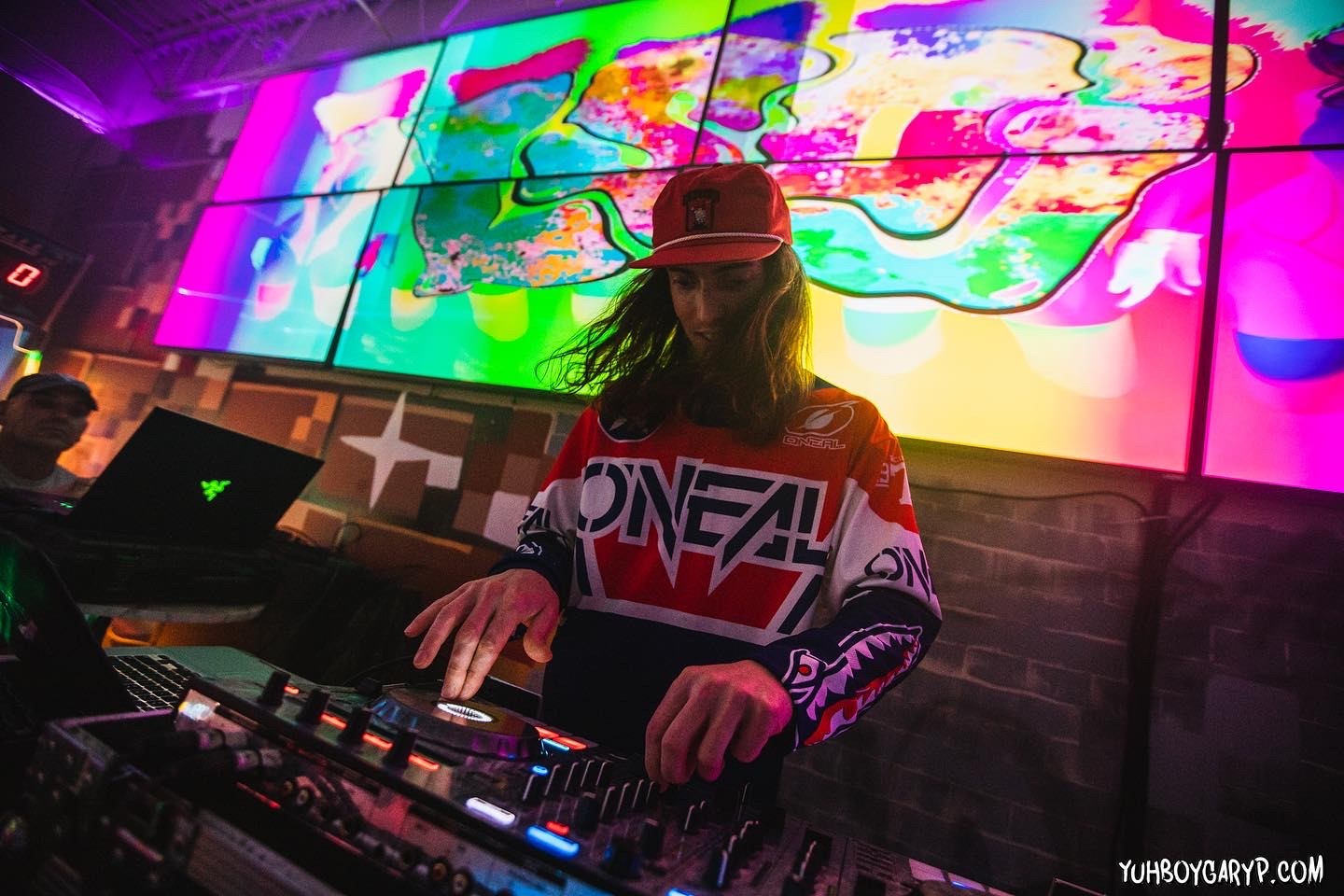
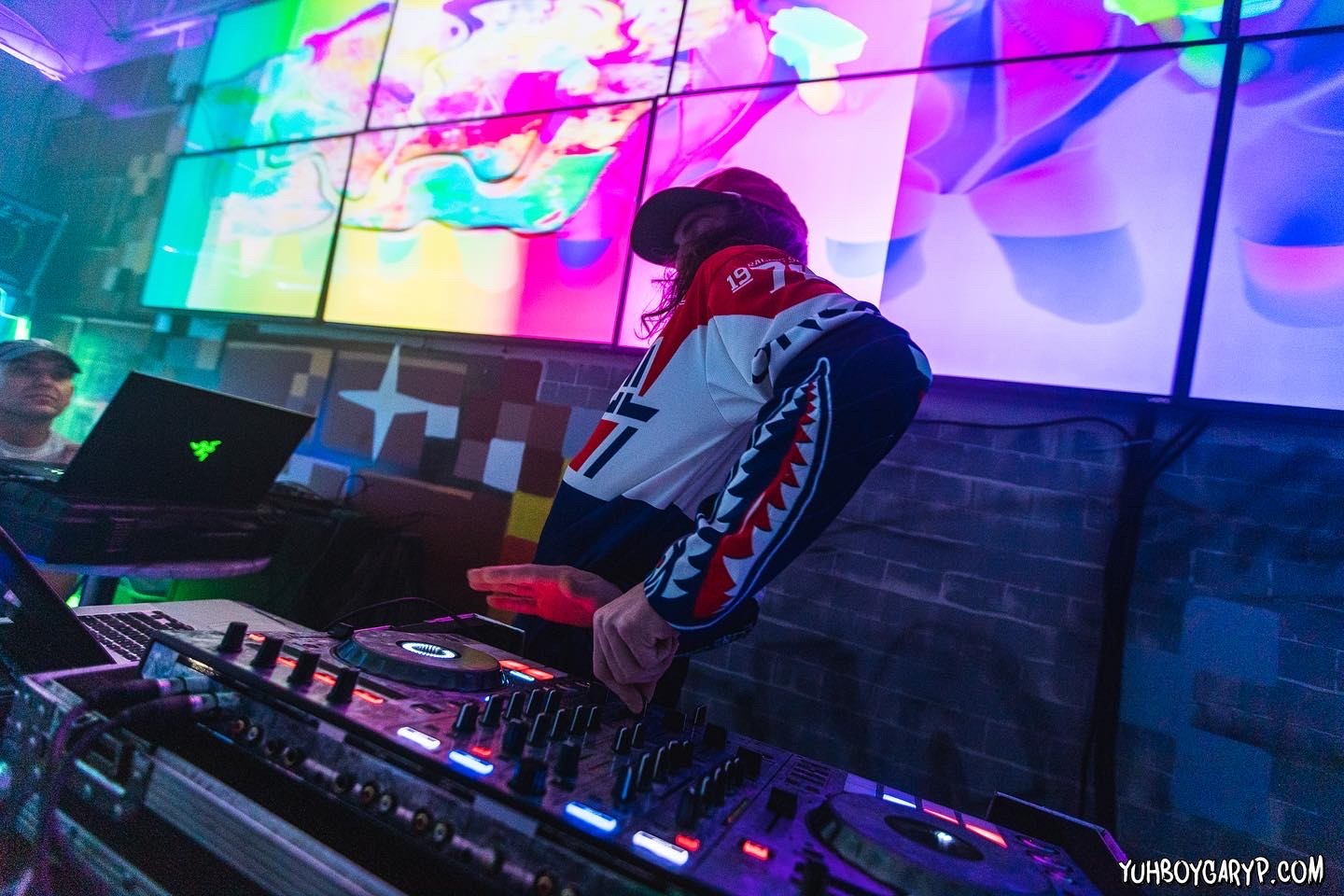
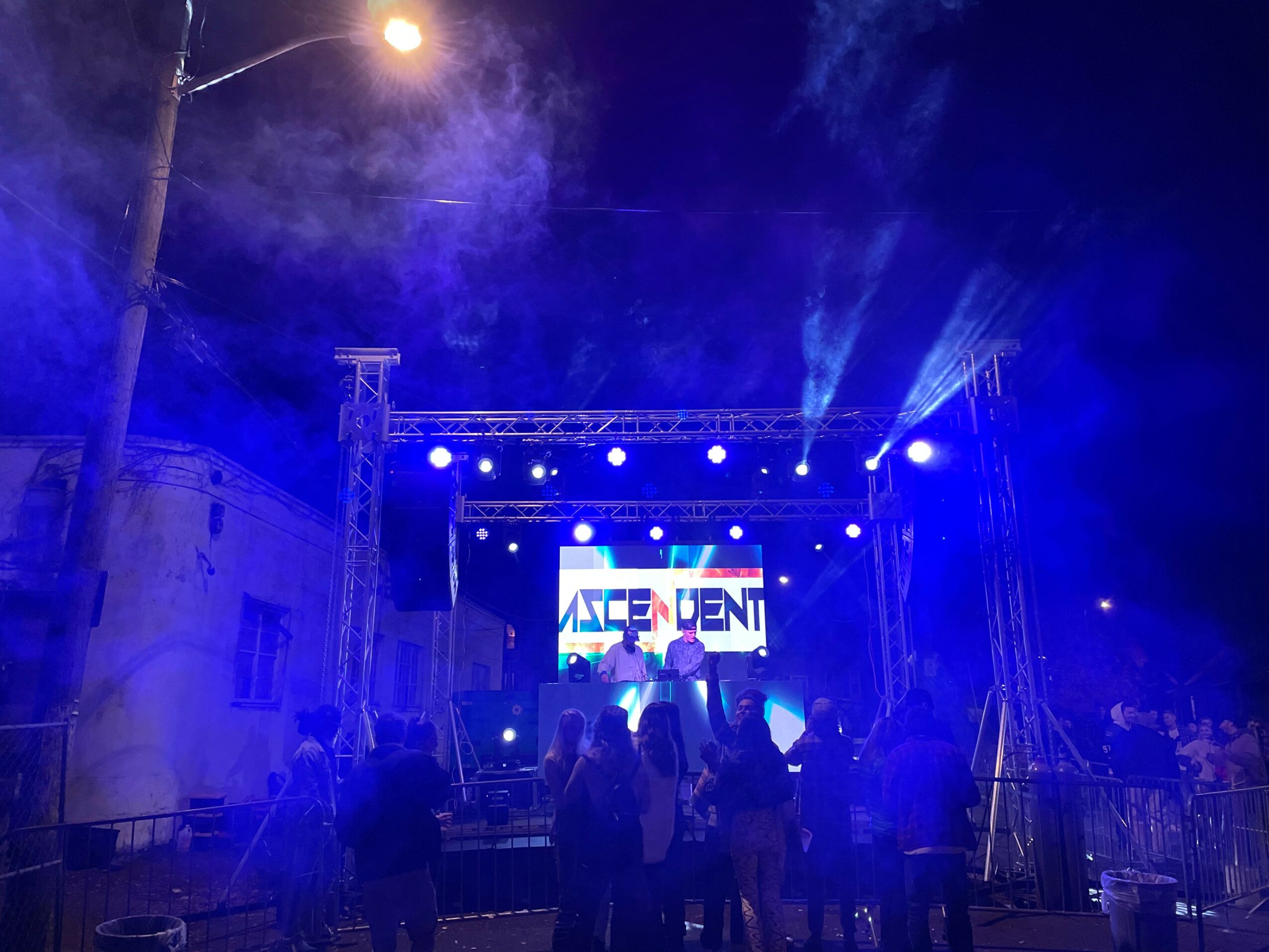
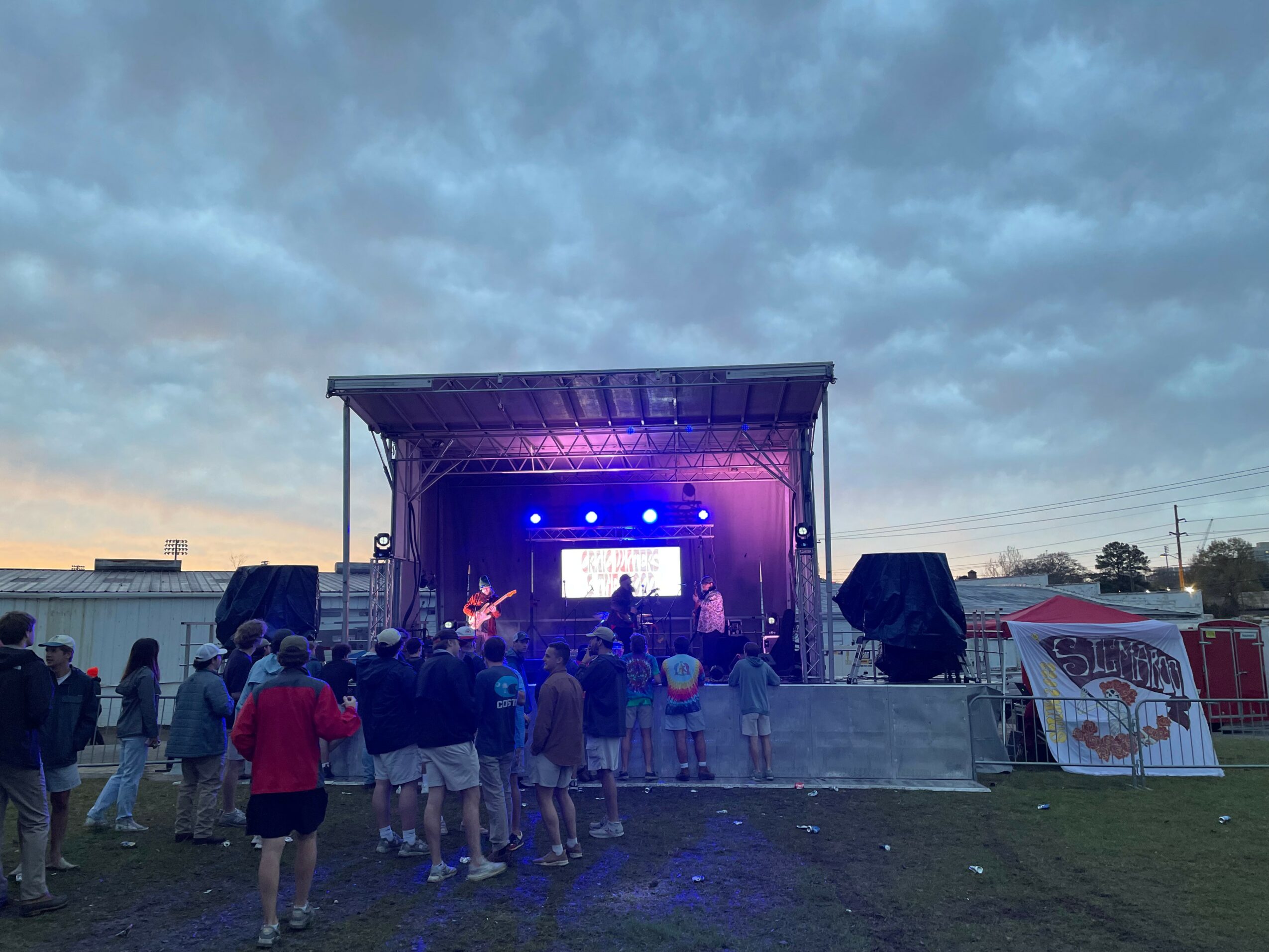
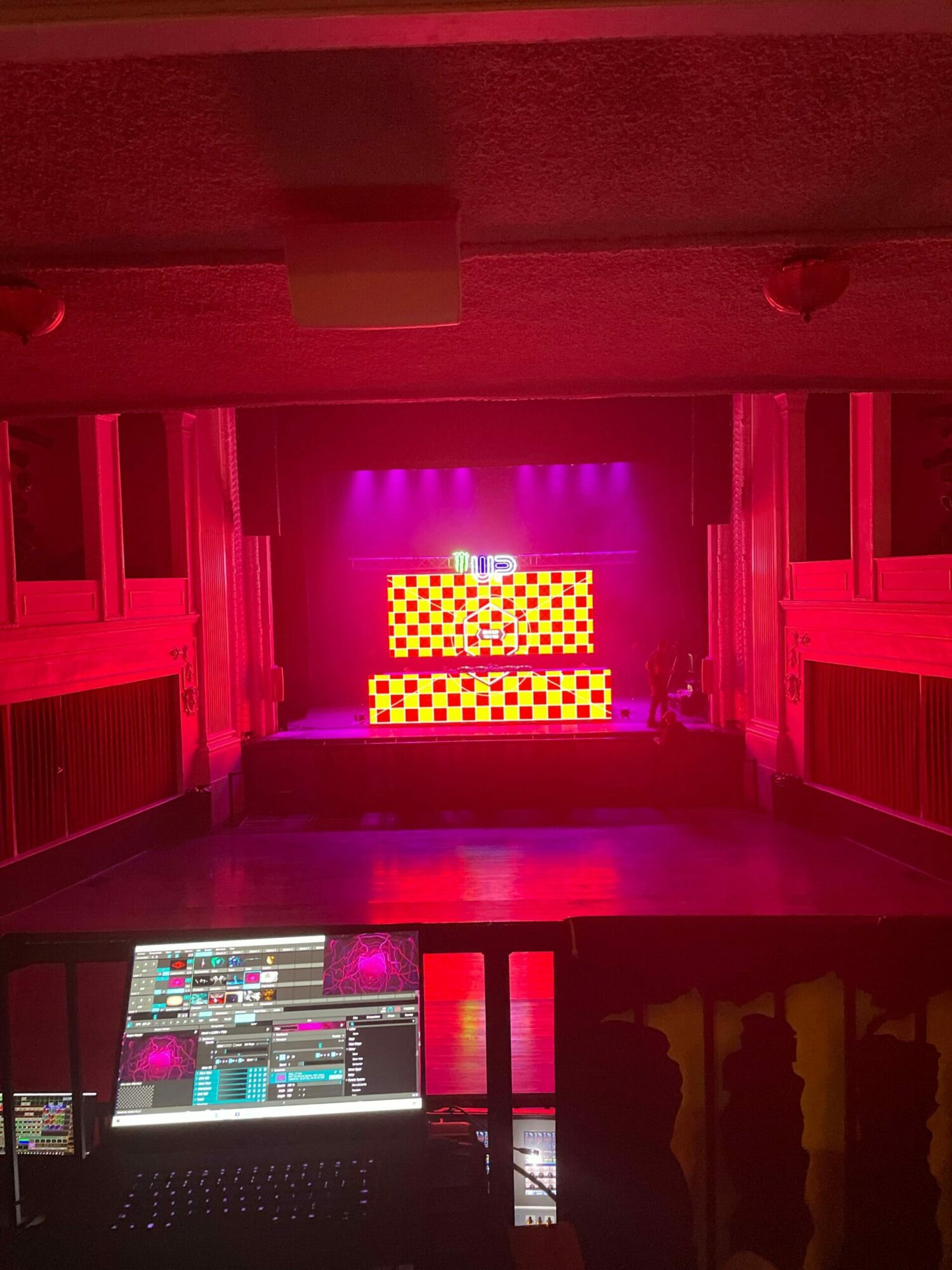
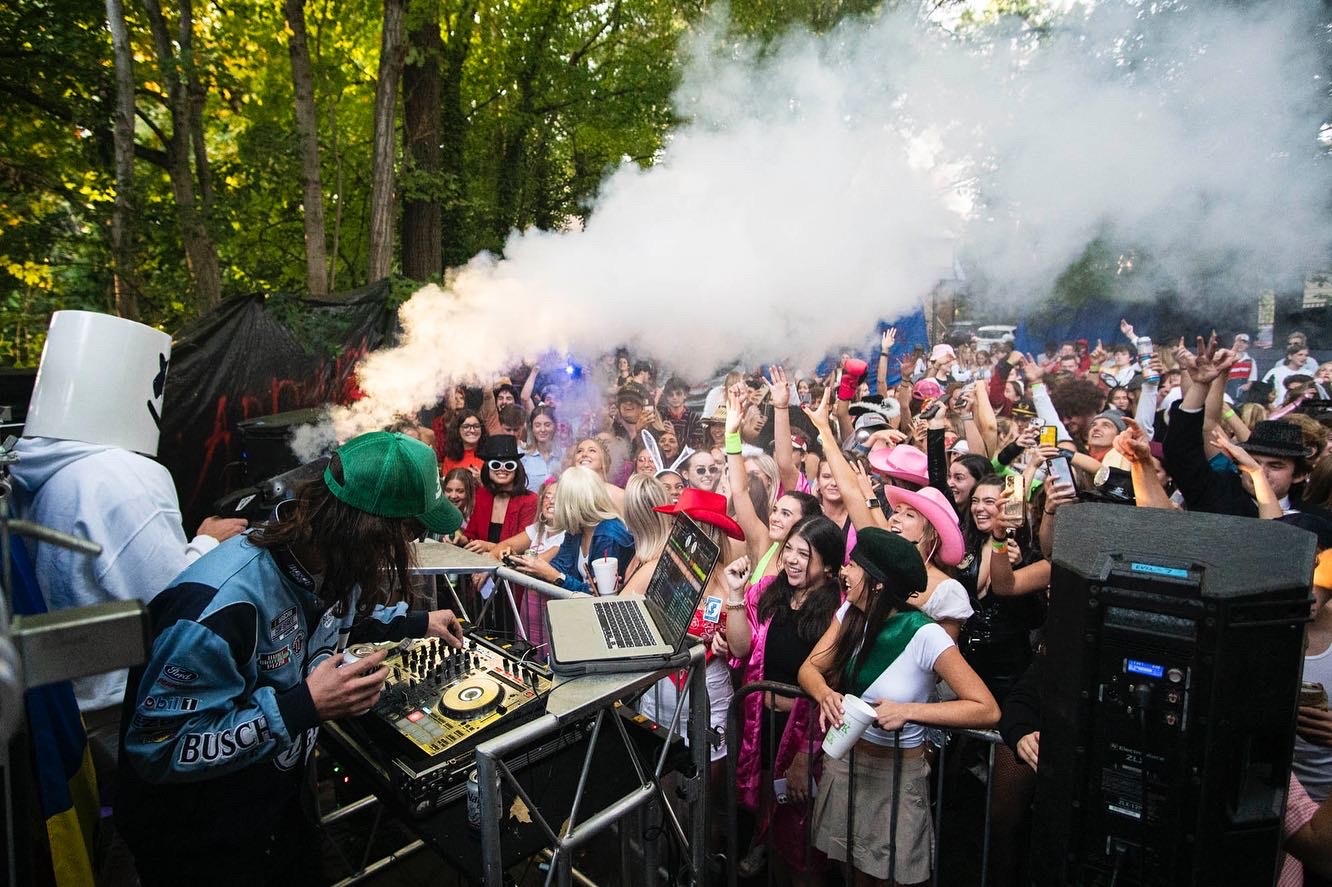
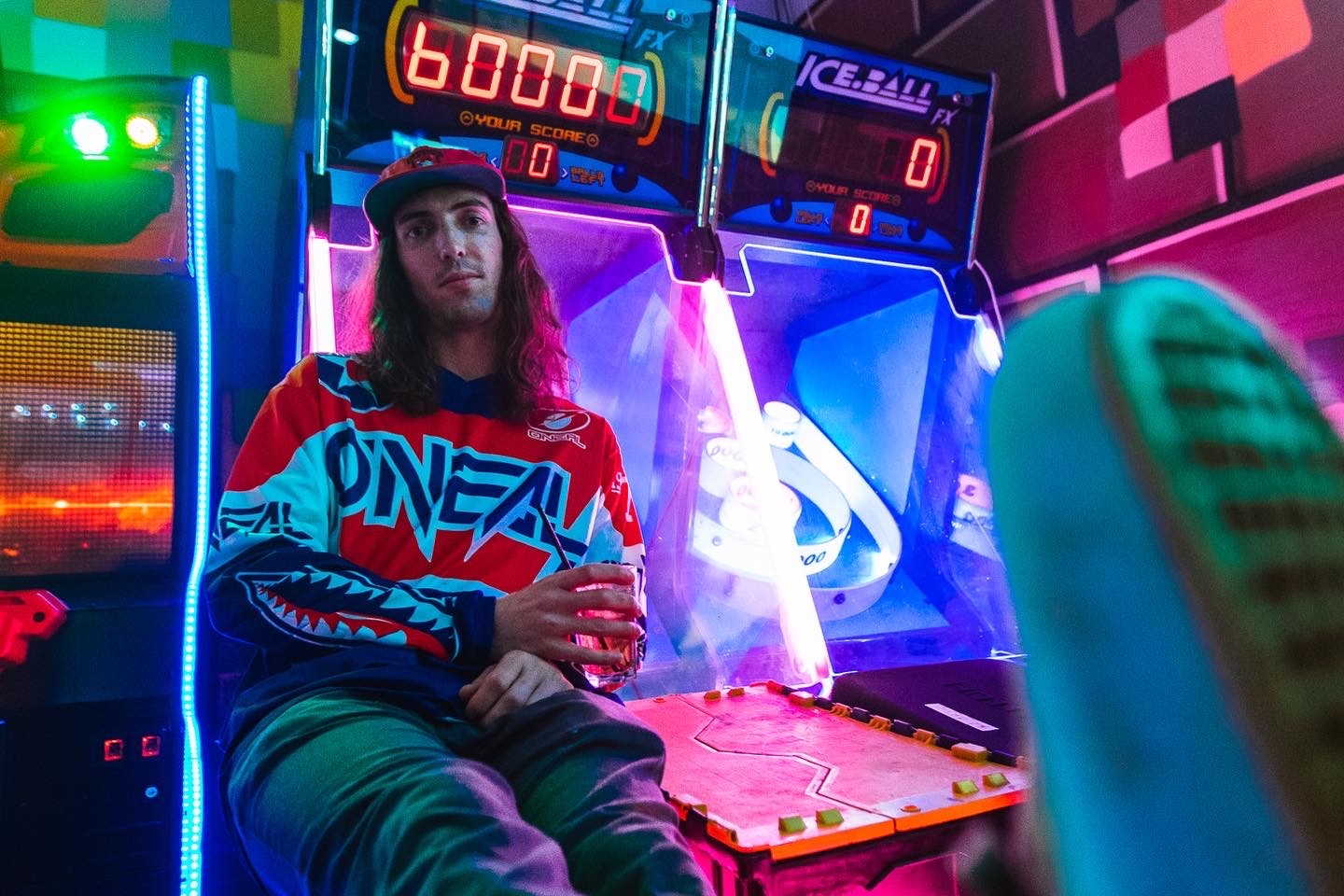
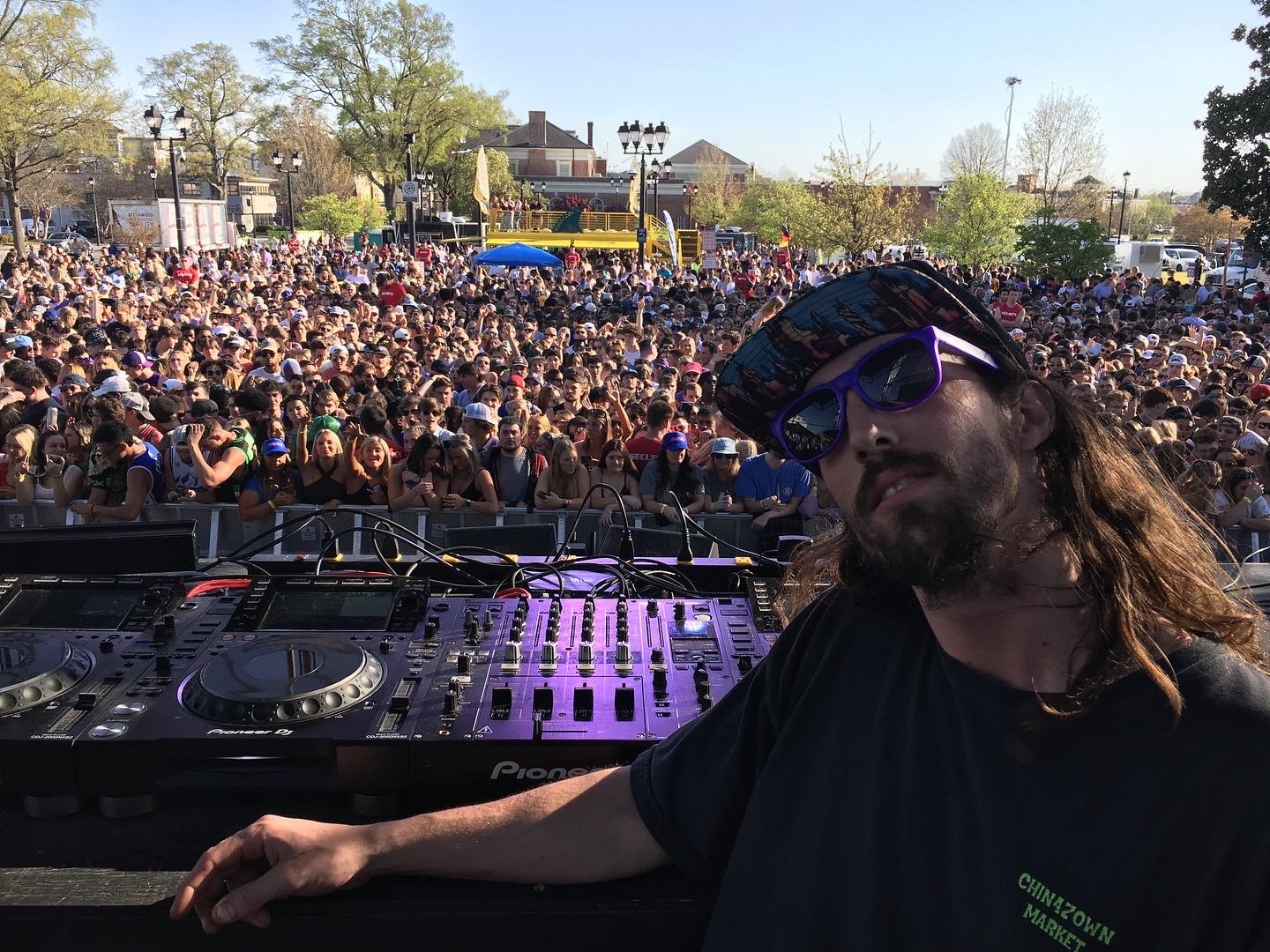
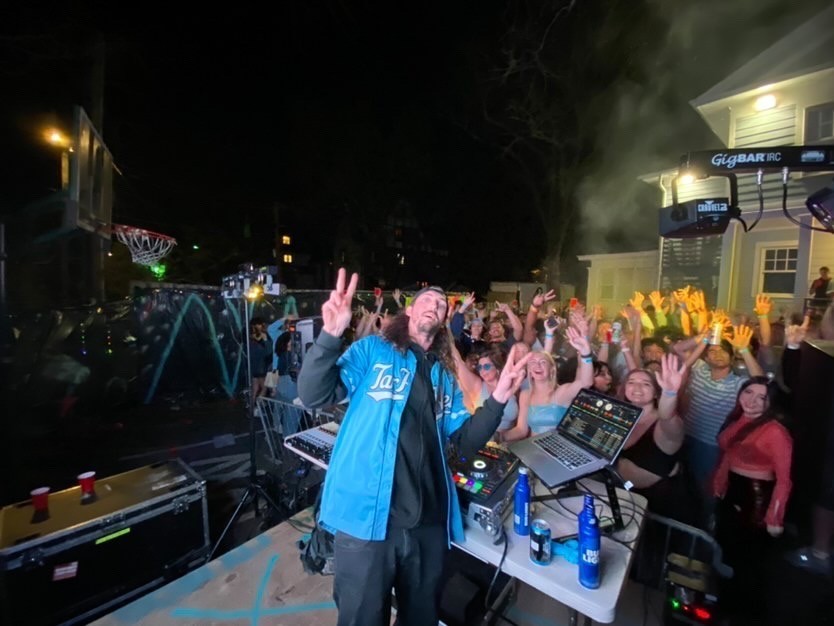
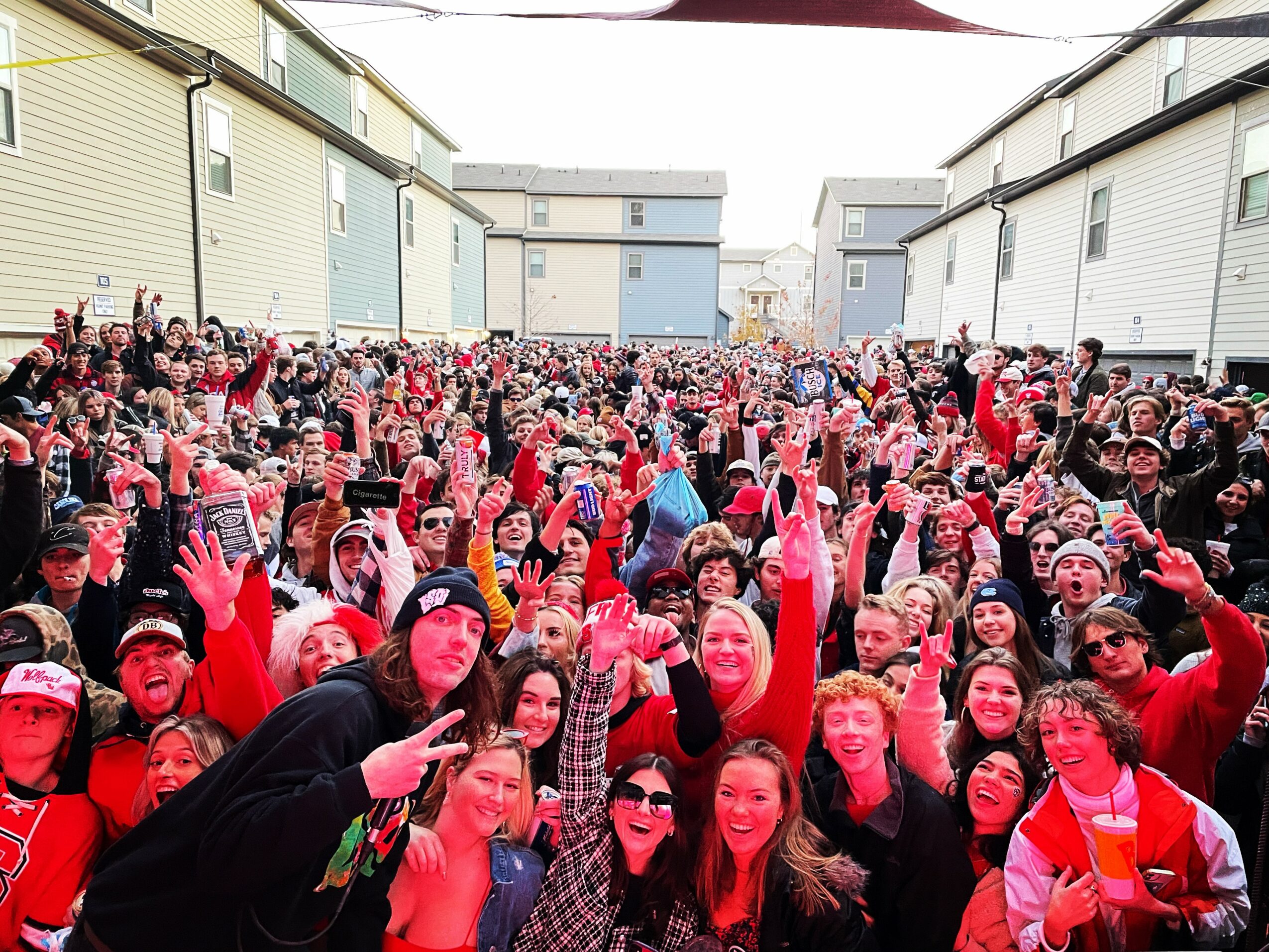
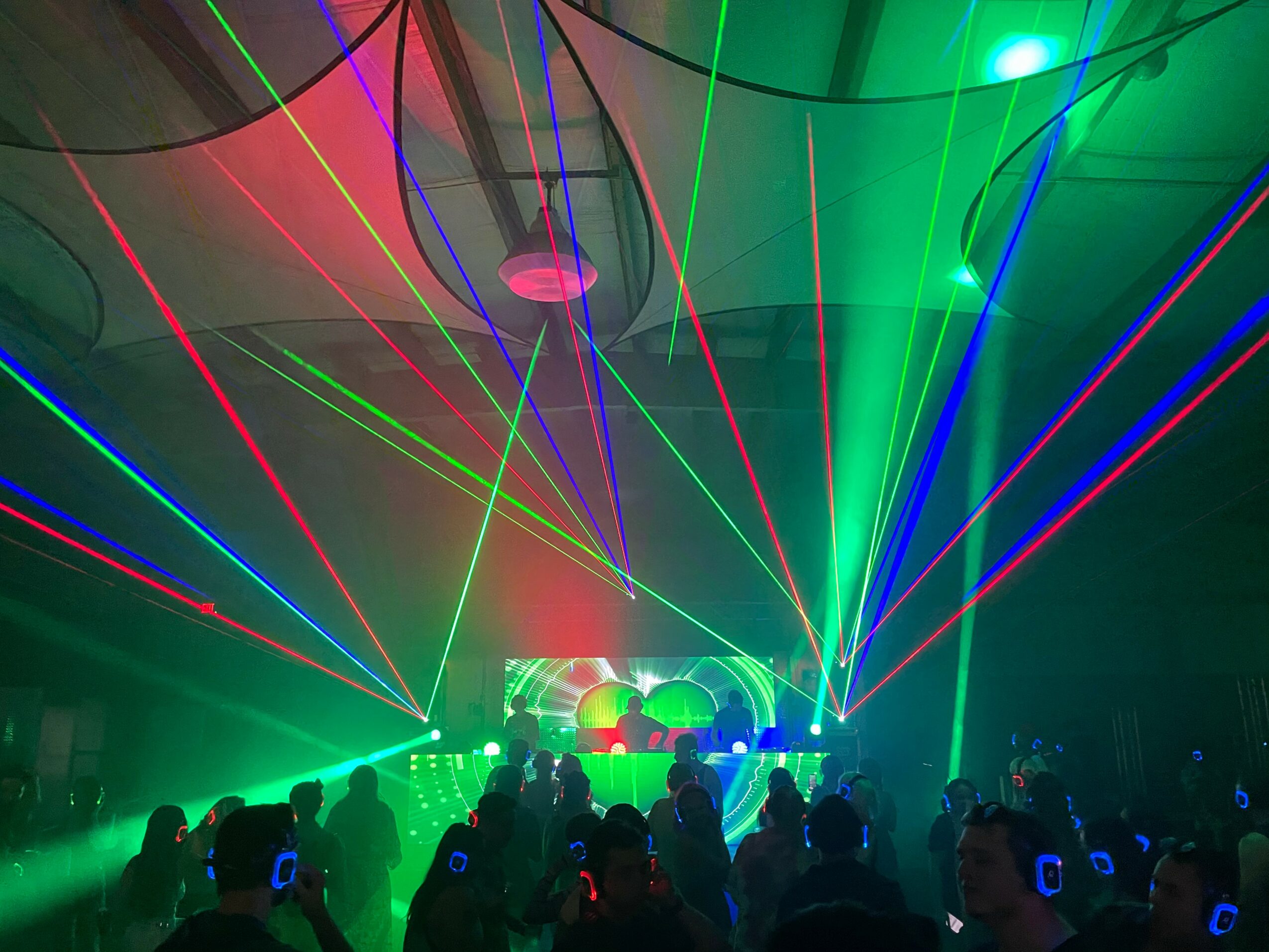
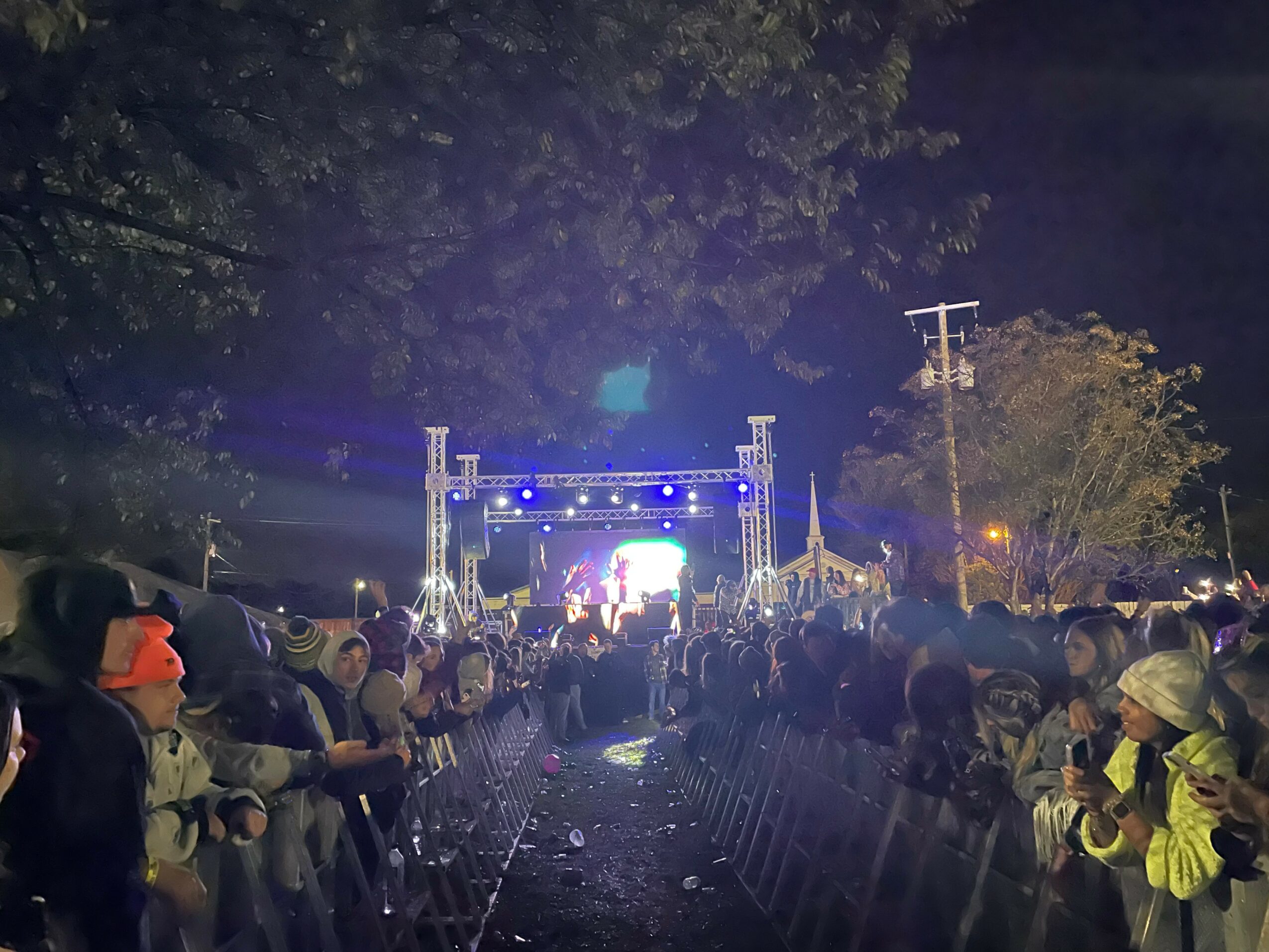
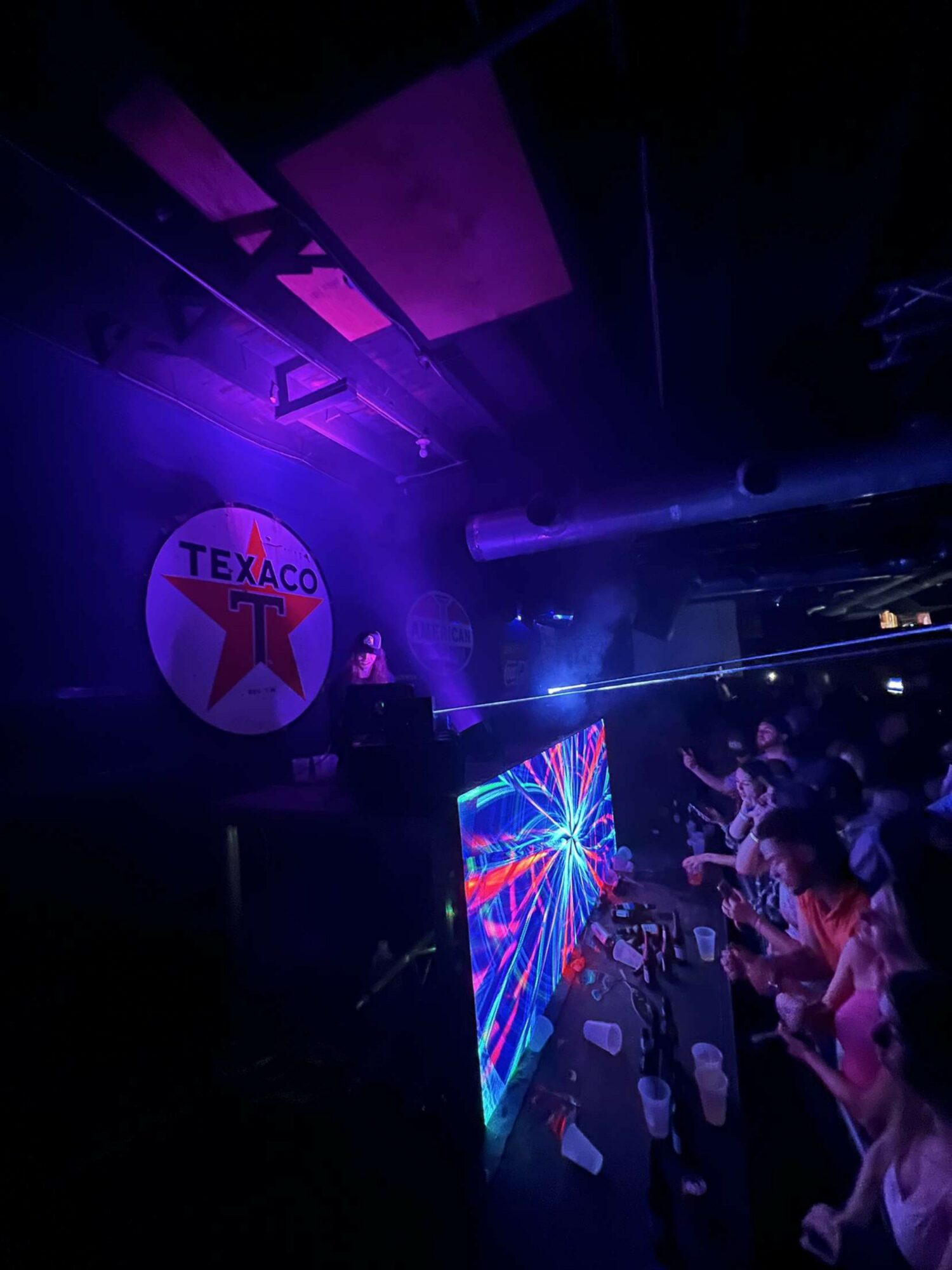
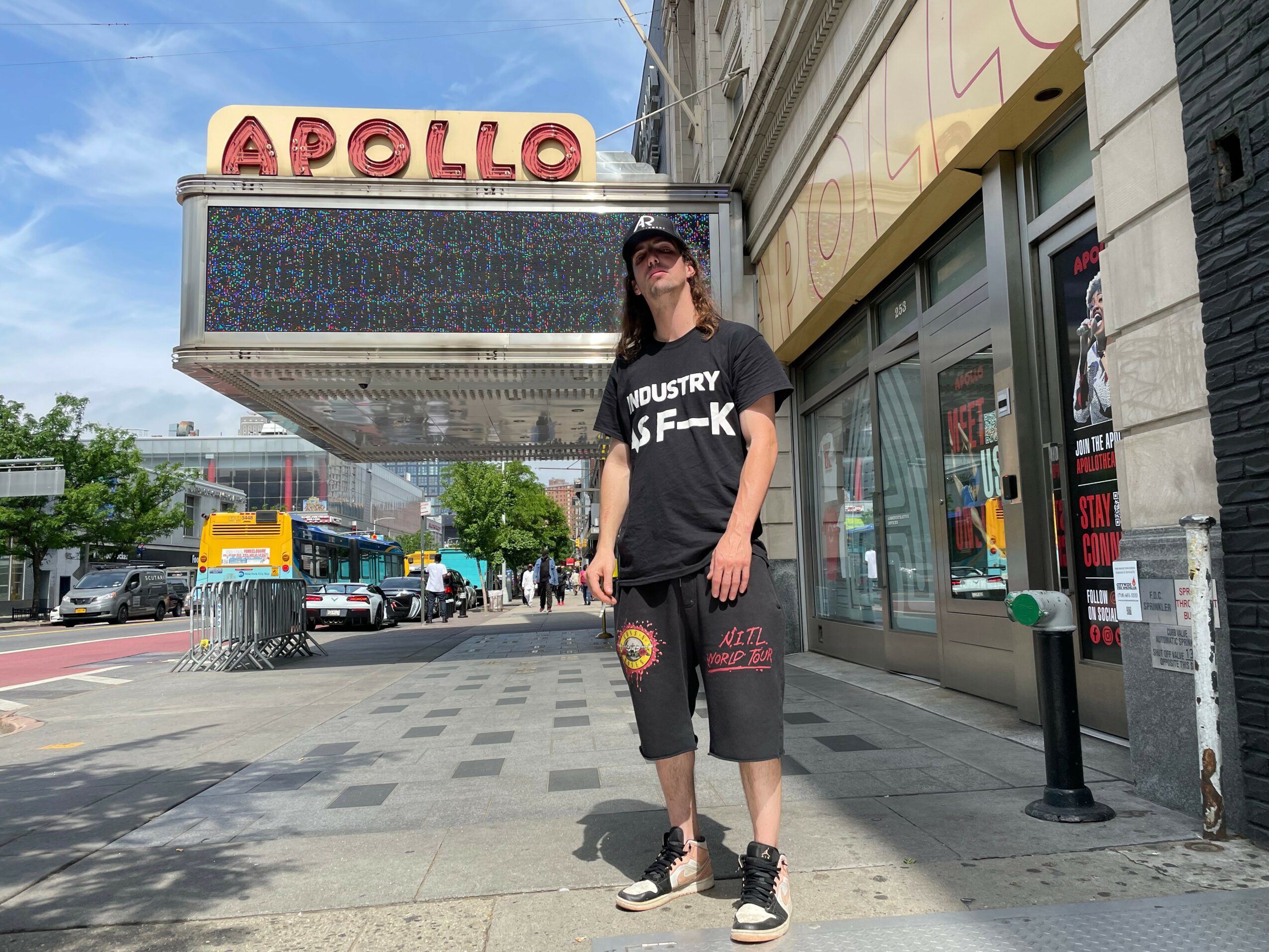
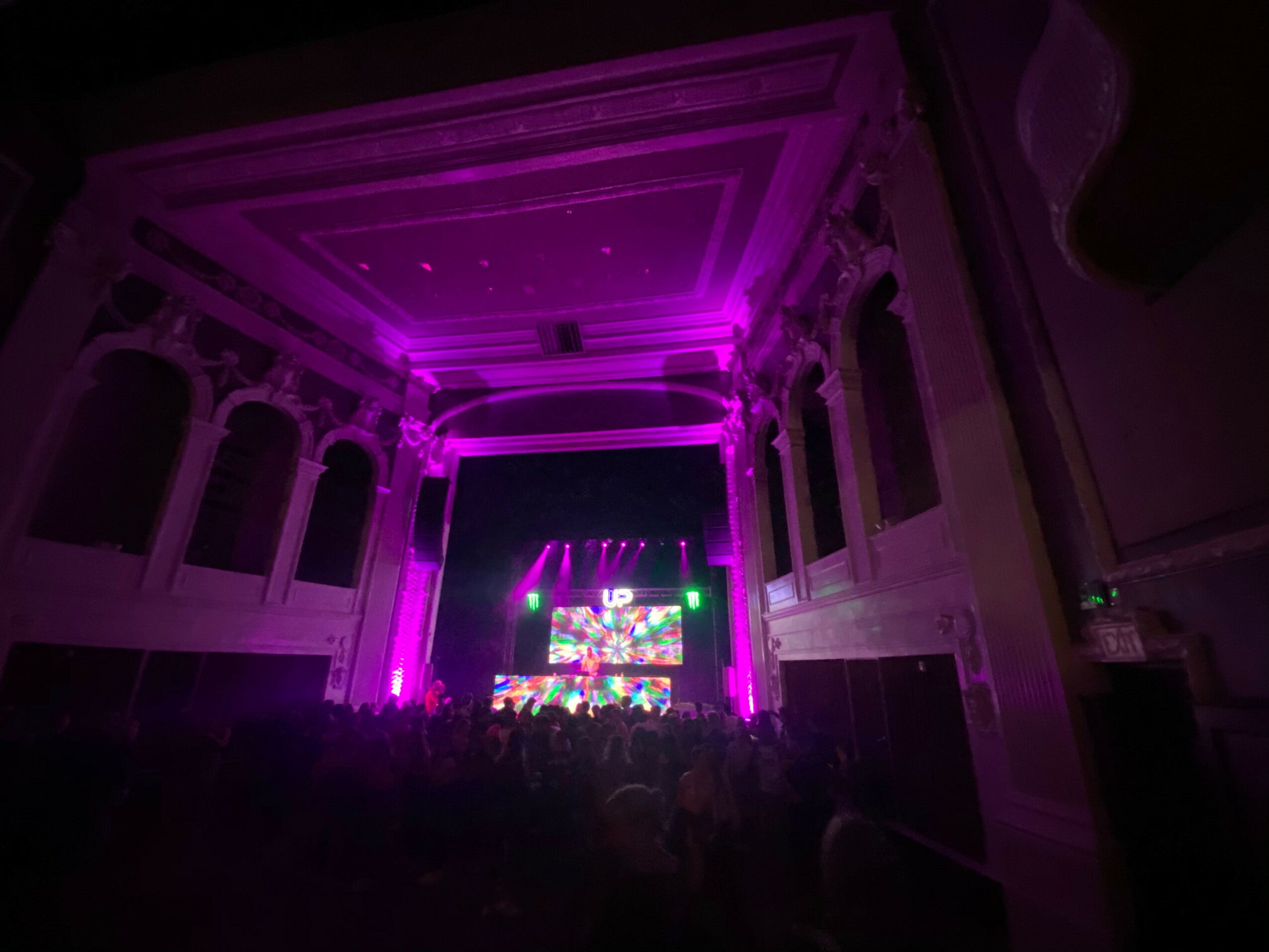
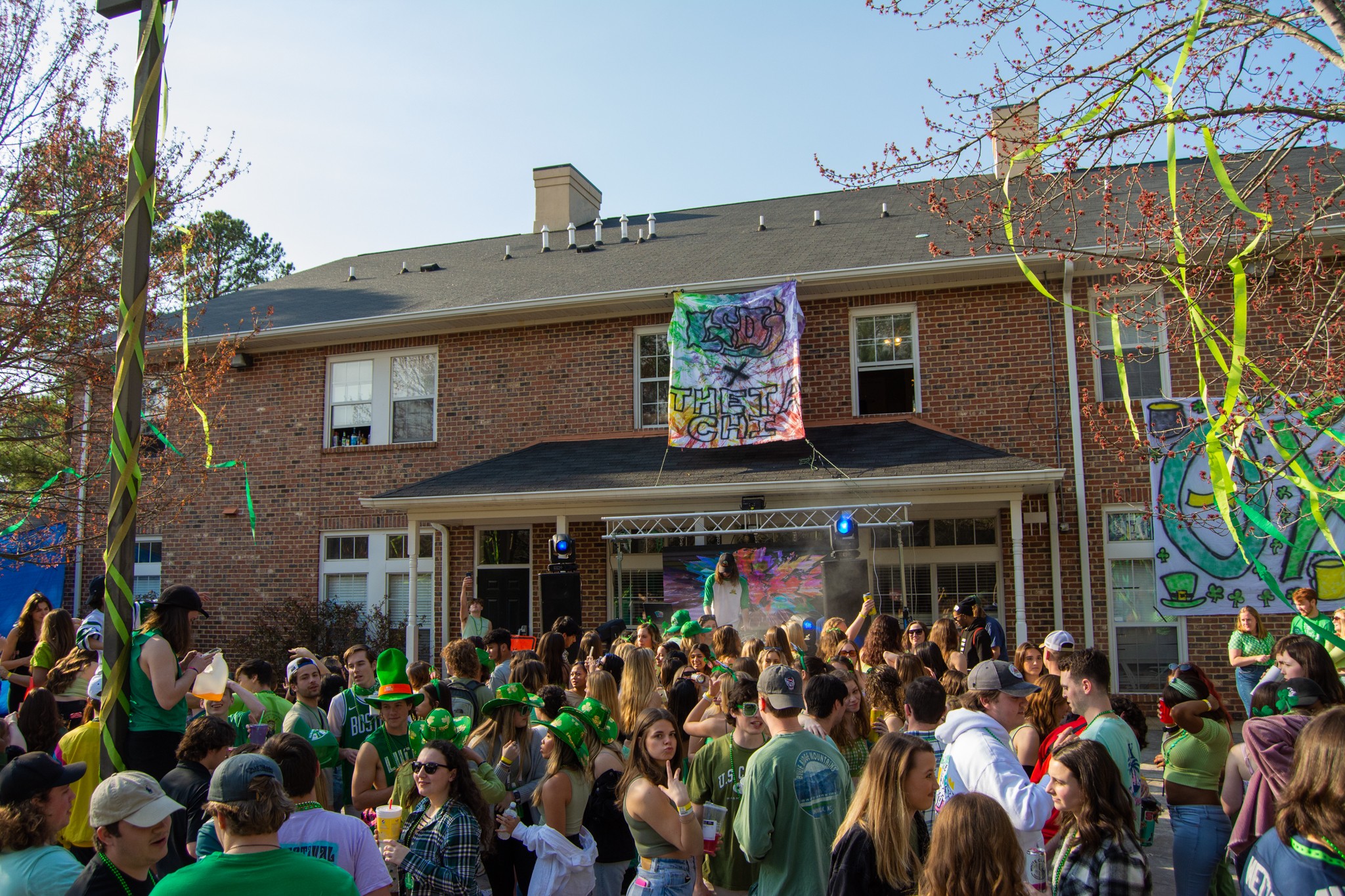 Image Credits
Image Credits
Garrett Poulos Photography

